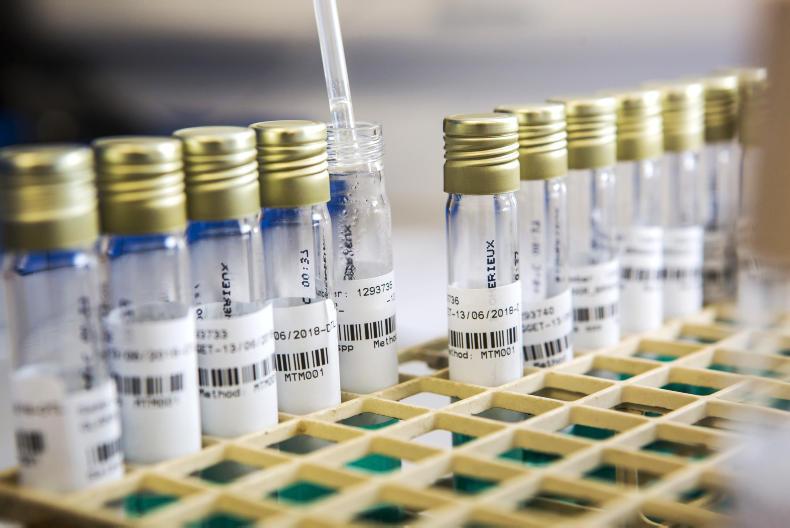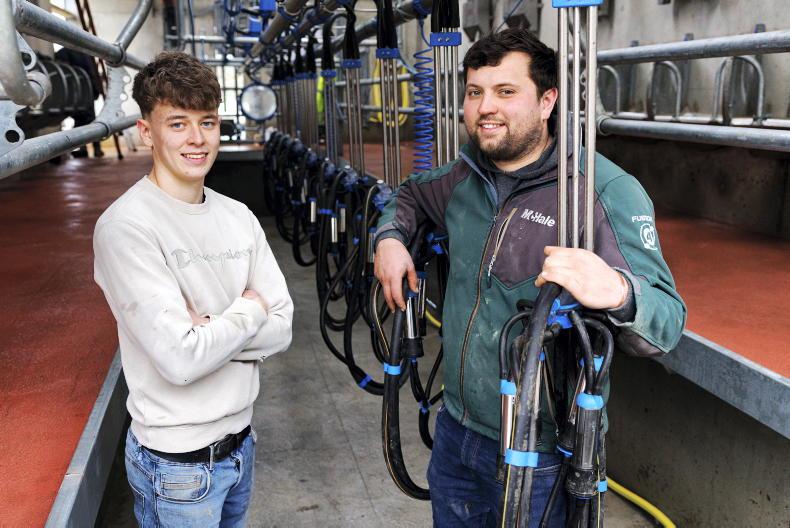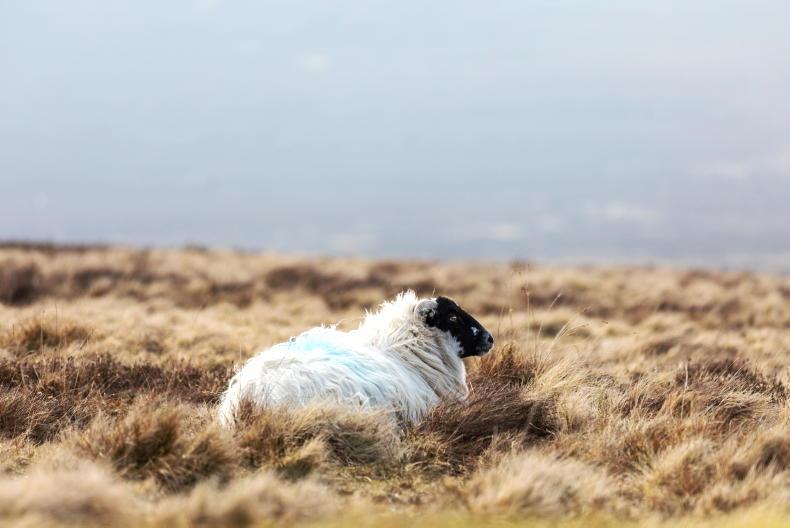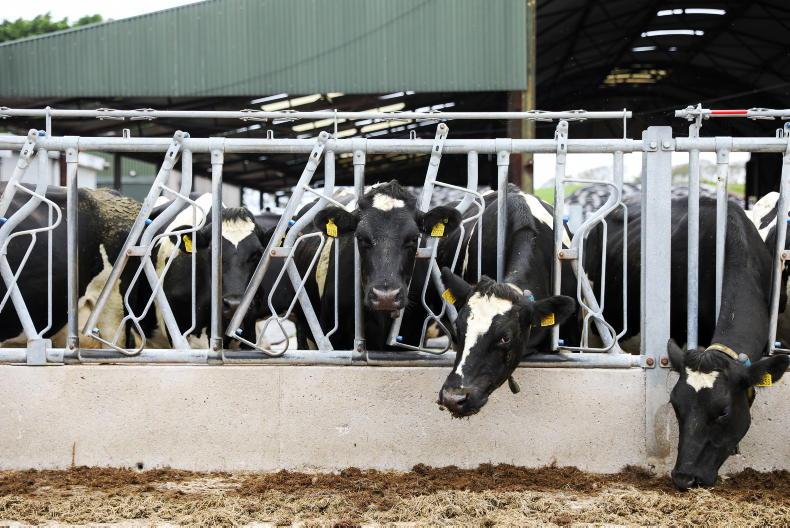The Department of Agriculture has said it will be a number of weeks before test results on a suspected rabies case in Cork can be confirmed.
It has set up a surveillance zone of 8km radius around a Co Cork premises where a pet sable was euthanised.

Gatherings of dogs, cats or ferrets will be prohibited in the surveillance zone.
The Department said the animal, which is a species of martin, had evidence of low levels of lyssavirus genetic material in brain samples.
The lyssavirus family of viruses includes rabies.
Rabies-free
Ireland has been rabies-free since 1903 but there have been 193 cases of rabies in wildlife and domestic animals in the EU since 2015.
The sable was euthanised on 7 January and officials have said that there was no evidence of contact with animals outside the household where it was kept, north of Kinsale.
It is working with the Health Service Executive (HSE)’s regional Department of Public Health and Health Protection Surveillance Centre (HPSC).
The Department said it had not identified any contact with other animals outside the Cork household
The HSE is following up with a small number of people who may have had a risk of exposure to the animal.
The Department said it had not identified any contact with other animals outside the Cork household and the likelihood of spread to other animals in the area is extremely low.
Within the 8km-wide surveillance zone, farmers and the public are urged to monitor the health and behaviour of their animals and report any abnormal or unusual behaviour in them to the Department.
There is a month-long ban on hunting with dogs/hounds and gatherings of dogs, cats or ferrets, such as shows and fairs.
The ban does not affect gatherings of other animals such as marts and horse shows.
Any mammals found dead in the area should also be reported.
How could lyssavirus affect my animal?
In the highly unlikely event of your animal becoming infected, lyssavirus affects the brains of mammals.
Signs of disease involve changes in behaviour, such as unusual aggression, fearfulness or friendliness out of character for the individual animal.
Any animal infected with lyssavirus and exhibiting clinical signs of disease will die within seven to 10 days
Other signs include restlessness, paralysis of their legs, difficulty swallowing, drooling and a change in the sound of their voice.
Affected animals overreact to stimuli such as noises or lights. Any animal infected with lyssavirus and exhibiting clinical signs of disease will die within seven to 10 days.
Any members of the public in the surveillance zone who require further information can ring the district veterinary office in Cork on 021-485 1400.
The Department of Agriculture has said it will be a number of weeks before test results on a suspected rabies case in Cork can be confirmed.
It has set up a surveillance zone of 8km radius around a Co Cork premises where a pet sable was euthanised.

Gatherings of dogs, cats or ferrets will be prohibited in the surveillance zone.
The Department said the animal, which is a species of martin, had evidence of low levels of lyssavirus genetic material in brain samples.
The lyssavirus family of viruses includes rabies.
Rabies-free
Ireland has been rabies-free since 1903 but there have been 193 cases of rabies in wildlife and domestic animals in the EU since 2015.
The sable was euthanised on 7 January and officials have said that there was no evidence of contact with animals outside the household where it was kept, north of Kinsale.
It is working with the Health Service Executive (HSE)’s regional Department of Public Health and Health Protection Surveillance Centre (HPSC).
The Department said it had not identified any contact with other animals outside the Cork household
The HSE is following up with a small number of people who may have had a risk of exposure to the animal.
The Department said it had not identified any contact with other animals outside the Cork household and the likelihood of spread to other animals in the area is extremely low.
Within the 8km-wide surveillance zone, farmers and the public are urged to monitor the health and behaviour of their animals and report any abnormal or unusual behaviour in them to the Department.
There is a month-long ban on hunting with dogs/hounds and gatherings of dogs, cats or ferrets, such as shows and fairs.
The ban does not affect gatherings of other animals such as marts and horse shows.
Any mammals found dead in the area should also be reported.
How could lyssavirus affect my animal?
In the highly unlikely event of your animal becoming infected, lyssavirus affects the brains of mammals.
Signs of disease involve changes in behaviour, such as unusual aggression, fearfulness or friendliness out of character for the individual animal.
Any animal infected with lyssavirus and exhibiting clinical signs of disease will die within seven to 10 days
Other signs include restlessness, paralysis of their legs, difficulty swallowing, drooling and a change in the sound of their voice.
Affected animals overreact to stimuli such as noises or lights. Any animal infected with lyssavirus and exhibiting clinical signs of disease will die within seven to 10 days.
Any members of the public in the surveillance zone who require further information can ring the district veterinary office in Cork on 021-485 1400.










SHARING OPTIONS